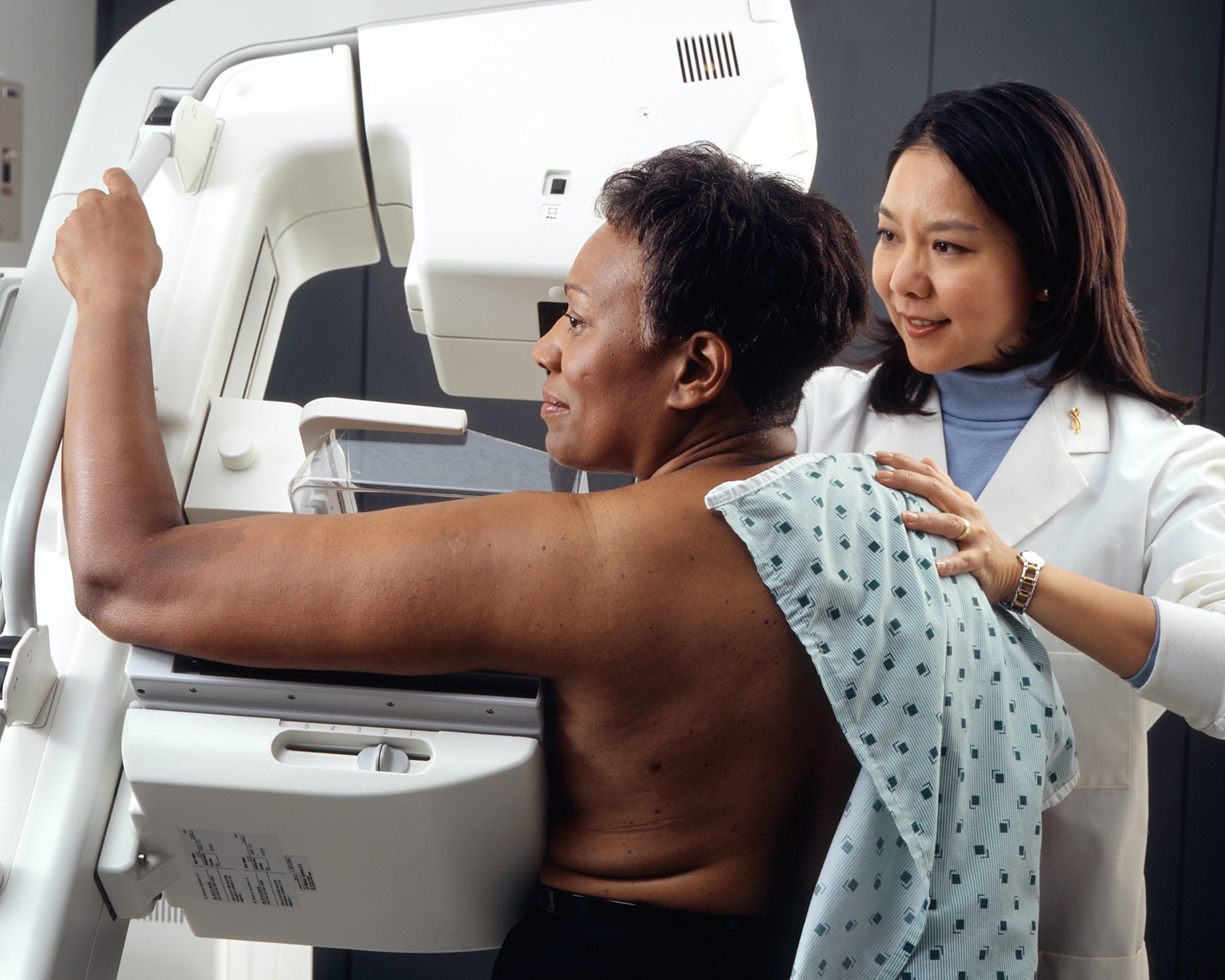COVID-19 Cause Mammograms, Colonoscopies, and More Drop
COVID-19 pandemic has caused a significant drop in mammograms, colonoscopies, and other preventative screenings. However, local imaging specialists says things are changing and the perception of the pandemic as well. As a result, they believe there are benefits to having the test procedures. Therefore, they agree the benefit of having test procedures does outweigh the risk.
COVID-19 Ongoing: It’s Safe to be Back in the System
“It’s incumbent on us to let people know it is safe to be back in our system,” says Dr. David Cohn, chief medical officer at Ohio State University Comprehensive Cancer Center–Arthur G. James Cancer Hospital and Solove Research Institute.
“It’s critical that business leaders know that we understand what needs to be done for the safety of our patients. As a result, we encourage them to have their employees get in for testing.”
Moreover, The James and other hospitals swiftly moved the resources in anticipation to prepare for incoming patients. As a result, this occurred as the pandemic went toward Central Ohio earlier this year.
However, elective surgeries and outpatient procedures, including non-emergency imaging tests, health care system were put on hold.
“We did such a good job that even after we were back to levels where we could accommodate patients, patients didn’t come in,” Cohn says.
Drop in Volume, Revenue
As a result, in Columbus, imaging providers started to cut back a huge portion of their services and saw the resulting drop in volume and revenue.
Radiology Inc., provides imaging services for Mount Carmel Health System, saw a 57 percent decline in April, which results in a 50 percent revenue loss, says President Dr. Gerald Smidebush. In turn, he said that was a contributing factor. Therefore, it took a big hit toward the revenue loss.
Jason Guagenti, vice president, and executive director of Riverside Radiology and Interventional Associates, the contracted radiologists for OhioHealth, says practice volume loads were 40 percent of what they were pre-COVID.
Financial implications are but one part of the picture, experts say. As a result, postponed tests pose a concern about time lost in diagnosing serious illness.






